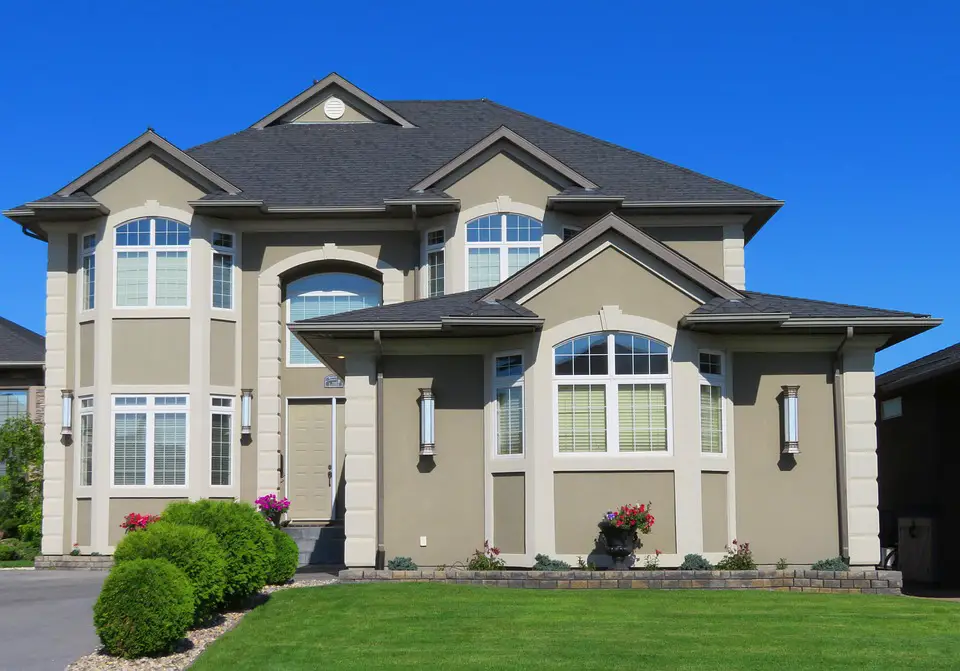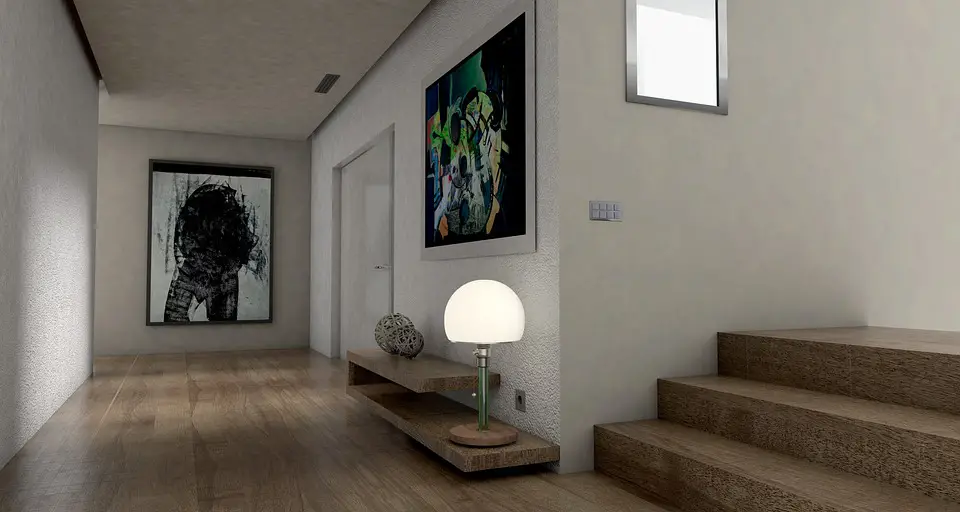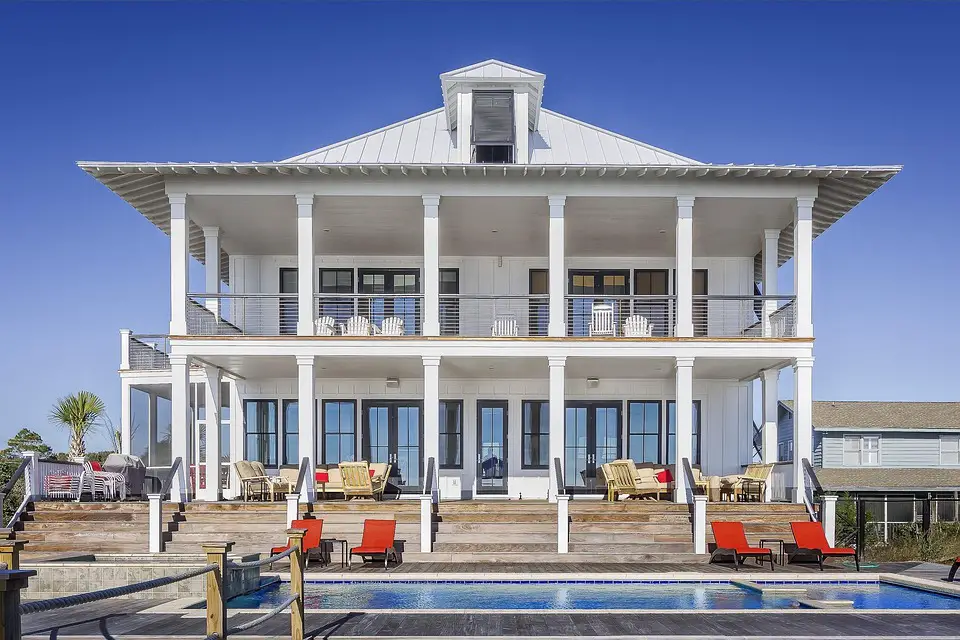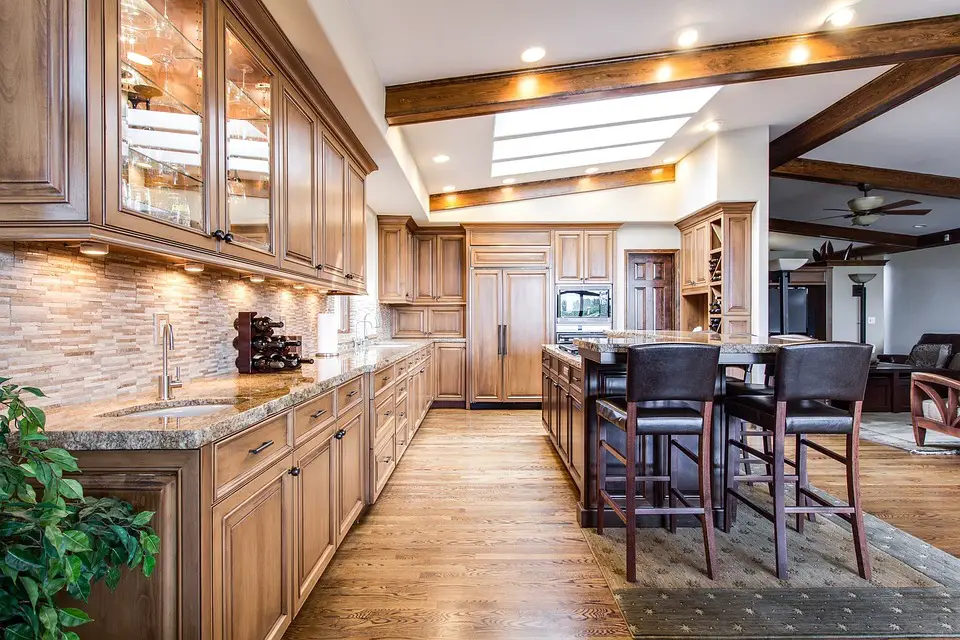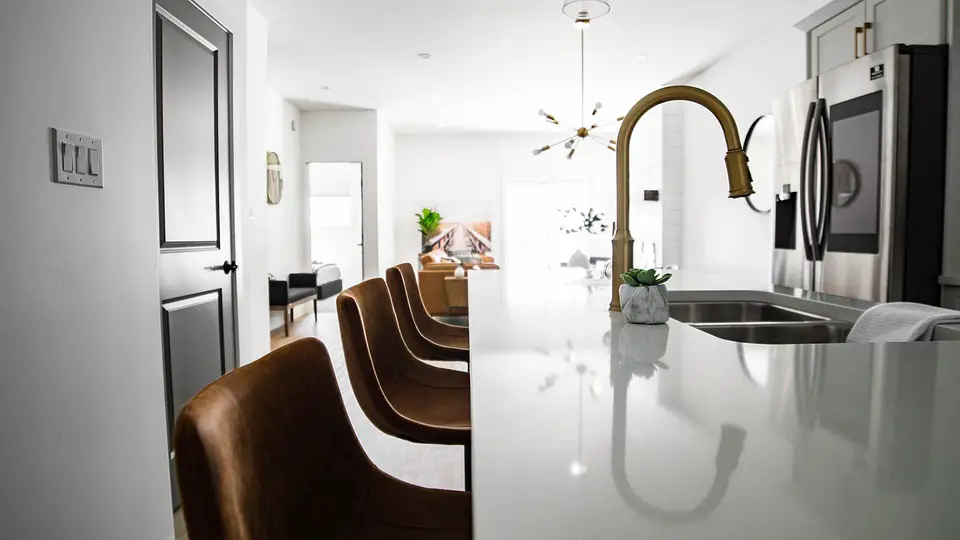When it comes to affordable housing options, mobile homes often come to mind. They can be a great way to own a home without breaking the bank. However, a common question many potential buyers ask is, “Do mobile homes depreciate?” In this article, we’ll explore the financial dynamics of mobile homes, including their depreciation, factors that influence their value, and tips for making a sound investment.
What Does Depreciation Mean?
Understanding Depreciation
Before diving into the specifics of mobile homes, let’s clarify what depreciation means. In simple terms, depreciation is the decrease in value of an asset over time. This can happen for various reasons, including wear and tear, market demand, and economic conditions.
Real Estate vs. Personal Property
It’s essential to distinguish between real estate and personal property. Traditional homes are considered real estate and often appreciate in value over time. Mobile homes, on the other hand, can be classified as personal property, which typically depreciates, similar to vehicles.
Factors Influencing Mobile Home Depreciation
Age and Condition
- Older Models: Just like cars, older mobile homes tend to lose value. A mobile home that’s 10 years old will likely be worth less than a new one.
- Maintenance: A well-maintained mobile home can retain value better than one that has been neglected. Regular upkeep is crucial.
Location, Location, Location
- Community Type: Mobile homes located in well-maintained parks often hold their value better than those in less desirable areas.
- Land Ownership: If you own the land your mobile home sits on, it may appreciate in value, which can positively impact the overall worth of your home.
Market Trends
- Demand for Affordable Housing: As housing prices rise, the demand for mobile homes can increase, potentially slowing depreciation.
- Economic Factors: Economic downturns can lead to decreased demand, impacting resale values.
Do Mobile Homes Appreciate?
While most mobile homes depreciate, there are exceptions. Here are some scenarios where a mobile home might appreciate:
High Demand Areas
If you purchase a mobile home in a rapidly growing area where affordable housing is in high demand, it may appreciate over time. For example, if a tech company opens a new office nearby, housing demand may increase, positively impacting mobile home values.
Upgrades and Renovations
Investing in upgrades can enhance the value of your mobile home. Consider the following improvements:
- Modernizing the Interior: Upgrading kitchens and bathrooms can make a mobile home more appealing.
- Curb Appeal: Landscaping and exterior improvements can attract buyers and potentially increase value.
Buying the Right Model
Some brands and models are known for their durability and quality. Researching and selecting a reputable manufacturer can lead to better long-term value retention.
Practical Tips for Mobile Home Buyers
Research Before You Buy
Before making a purchase, do your homework. Check local listings, and compare prices of similar mobile homes in the area. Understanding the market can help you make an informed decision.
Consider Financing Options
Mobile homes can be financed differently than traditional homes. Some lenders treat them as personal property, which may come with higher interest rates. Explore your options and find a financing plan that works for you.
Get an Inspection
Always have a mobile home inspected before buying. A thorough inspection can uncover potential issues that could affect the home’s value and your investment.
Conclusion
So, do mobile homes depreciate? The answer is generally yes, but with the right knowledge and strategies, you can minimize depreciation and even see appreciation in certain situations. By understanding the factors that influence value, maintaining your home, and making informed purchasing decisions, you can navigate the world of mobile home ownership successfully.

